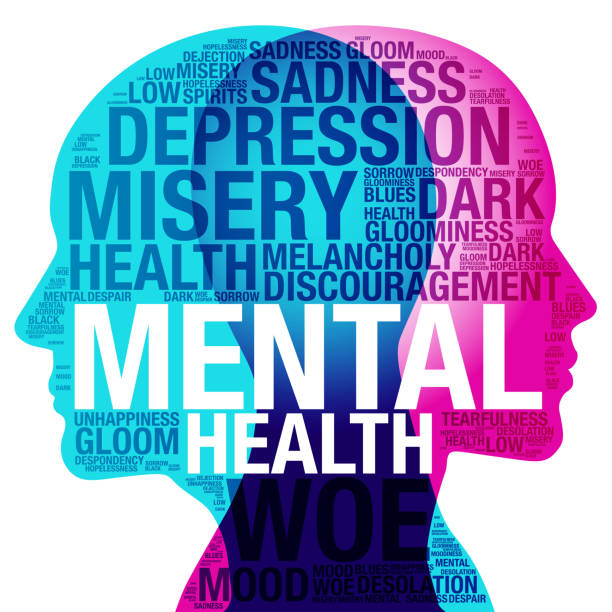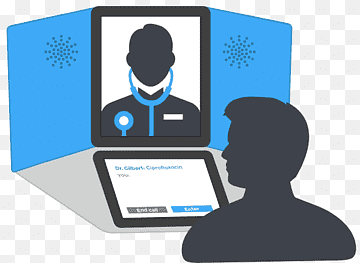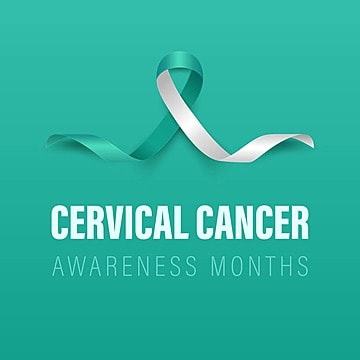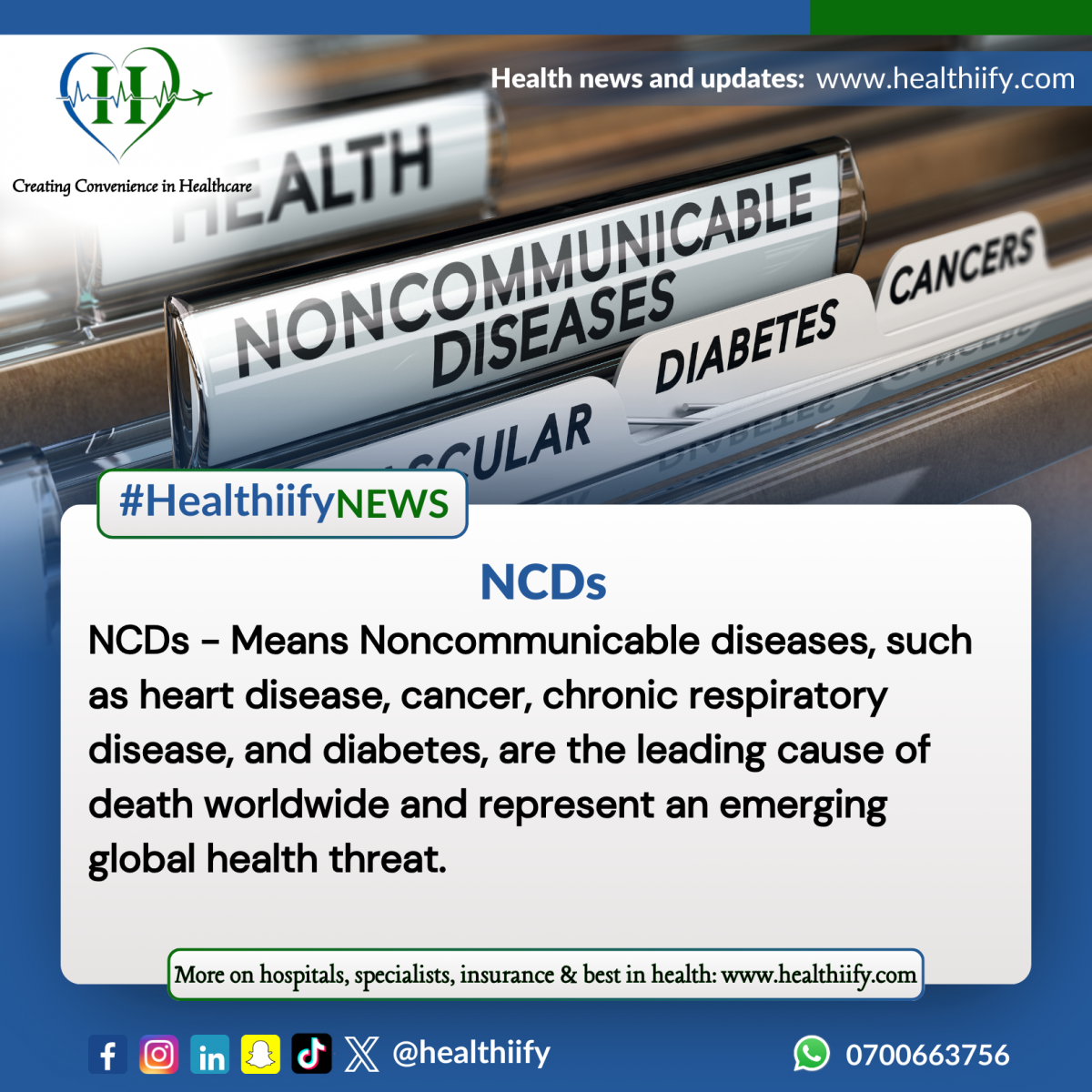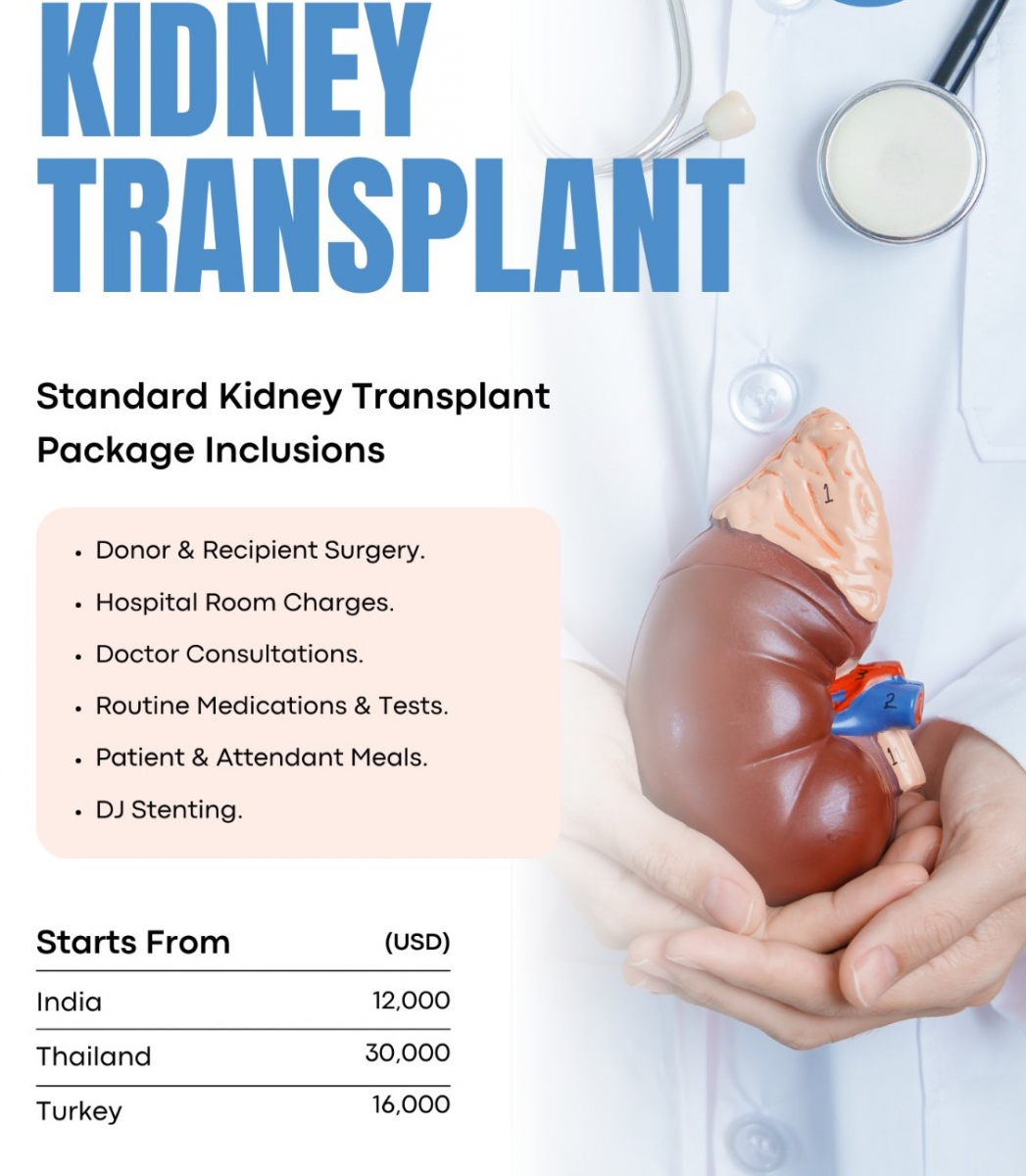Introduction
Mental health awareness is a critical component of overall health and well-being. It involves recognizing the importance of mental health, understanding common mental health challenges, and advocating for resources and support systems to address them. Mental health significantly influences physical health, social relationships, and productivity. Raising awareness not only reduces stigma but also empowers individuals and communities to prioritize their mental well-being.
This document explores the effects of poor mental health, its association with non-communicable diseases (NCDs), effective management strategies, and best practices for fostering a mentally healthy lifestyle.
Effects of Poor Mental Health
- Physical Health Implications:
- Chronic Stress: Prolonged stress can lead to hormonal imbalances, weakened immunity, and inflammation.
- Increased Risk of NCDs: Poor mental health is linked to conditions like heart disease, diabetes, and obesity.
- Cognitive Decline:
- Mental health conditions such as depression and anxiety can impair concentration, decision-making, and memory.
- Social and Professional Impacts:
- Strained Relationships: Mental health struggles can lead to social withdrawal, communication difficulties, and relationship conflicts.
- Workplace Challenges: Reduced productivity, absenteeism, and workplace accidents are often associated with untreated mental health issues.
- Severe Consequences:
- Self-Harm and Suicide: Untreated mental health conditions are a major contributor to self-harm and suicide rates worldwide.
Mental Health Disorders and Diseases
- Common Mental Health Conditions:
- Depression: Characterized by persistent sadness, loss of interest, and physical symptoms like fatigue and sleep disturbances.
- Anxiety Disorders: Includes generalized anxiety, panic disorder, and phobias.
- Post-Traumatic Stress Disorder (PTSD): A response to traumatic events causing flashbacks, nightmares, and heightened anxiety.
- Bipolar Disorder: Marked by extreme mood swings, including manic and depressive episodes.
- Associated Physical Conditions (NCDs):
- Cardiovascular Diseases: Stress and depression are risk factors for hypertension and heart disease.
- Diabetes: Poor mental health can interfere with diabetes management, exacerbating the condition.
- Respiratory Diseases: Anxiety and stress can worsen conditions like asthma and chronic obstructive pulmonary disease (COPD).
How to Manage Mental Health Effectively
- Professional Help:
- Therapy and Counseling: Cognitive-behavioral therapy (CBT), talk therapy, and other modalities are effective for many conditions.
- Medication: Antidepressants, anxiolytics, and other medications may be prescribed for moderate to severe conditions.
- Support Groups: Sharing experiences in a group setting can provide validation and encouragement.
- Lifestyle Adjustments:
- Regular Exercise: Physical activity releases endorphins, which improve mood and reduce stress.
- Balanced Diet: Nutrient-rich foods like fruits, vegetables, lean proteins, and omega-3 fatty acids support brain health.
- Adequate Sleep: Quality sleep is essential for emotional regulation and cognitive function.
- Stress Management:
- Mindfulness Practices: Meditation, deep breathing exercises, and yoga help in reducing stress.
- Time Management: Prioritizing tasks and setting realistic goals can alleviate feelings of overwhelm.
- Social Connections:
- Building a supportive network of friends and family provides emotional support and reduces feelings of isolation.
- Technology and Apps:
- Utilizing mental health apps for meditation, mood tracking, or connecting with therapists can be convenient and effective.
Best Practices for Promoting Mental Health
- Raising Awareness:
- Engage in mental health campaigns to educate communities and reduce stigma.
- Celebrate global mental health days, such as World Mental Health Day, to foster discussions.
- Workplace Initiatives:
- Provide employee assistance programs (EAPs) and mental health days.
- Foster a supportive work culture with open communication and stress management workshops.
- Educational Programs:
- Incorporate mental health education in schools to teach coping skills and resilience from a young age.
- Community Engagement:
- Organize support groups and workshops to create safe spaces for sharing and learning.
Benefits of Mental Health Awareness in Combating NCDs
- Improved Physical Health:
- Reducing stress and depression can lower blood pressure, improve cardiac health, and aid in diabetes management.
- Enhanced Preventive Care:
- Awareness leads to early detection and treatment of mental health conditions, reducing their impact on NCDs.
- Increased Productivity:
- Mentally healthy individuals are more productive, focused, and creative, which benefits workplaces and economies.
- Strengthened Immune System:
- Better mental health reduces inflammation and strengthens the immune response, preventing chronic illnesses.
- Cost Savings:
- Proactive mental health management reduces healthcare costs associated with treating advanced NCDs.
For subsidized mental health sessions, kindly visist our website at https://healthiify.com/campaign or call 0700 663 756 for teleconsultations and our unique sessions every Mondays for Mental Mondays where we partner with different professionals to help offer access to affordable, convinient, rewarding, transparent access to healthcare.
Mental health awareness is a cornerstone of holistic health. It influences physical health, enhances productivity, and fosters resilience. By understanding its effects, implementing management strategies, and adopting best practices, we can significantly reduce the burden of mental health disorders and NCDs. Prioritizing mental well-being is not just an individual responsibility but a collective effort that benefits society as a whole.

